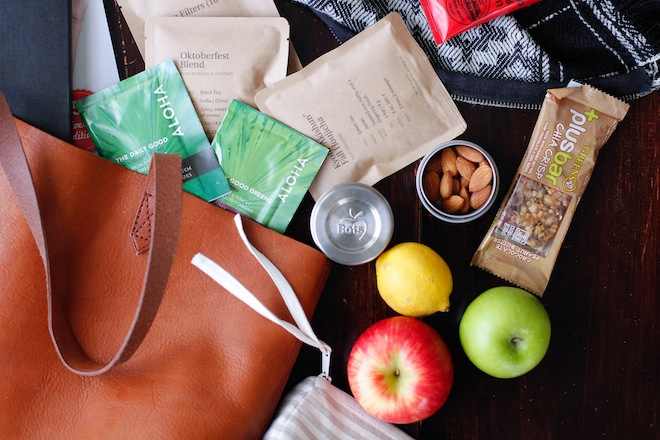Changes in one’s attitudes and coping skills is significant in order to break the habit of relying on substance abuse as a solution. Relapse prevention is a cognitive-behavioral approach with the goal of identifying and preventing high-risk situations and understanding warning signs. Positive coping tools are to be kept handy to handle situations that might arise unexpectedly.

One needs to keep these tips in hand, like
1. Plan Ahead: Schedule and attend support group meetings before you leave. Attending support group meetings are essential before you leave and a significant part of any recovery plan. This will set the tone for your trip.
2. Establish Local Contacts: Before leaving or shortly after you arrive establish contact with local alcoholics or addicts in recovery. This in turn will help you feel less lonely that can trigger a relapse.
3. Always Carry Recovery Literature or Recordings: Whether you are traveling by bus, train of plane make sure to carry recovery literature you can fall back on when in need. You can even download recordings of talks by people in recovery.
4. Pay attention to HALT: Don’t become too Hungry, Angry, Lonely and Tired. Pack snacks if you plan longer trips and you are unsure of food stoppages. Give yourself a break if you feel tired and burnt out.

5. Maintain a close contact with people in your support network at home: Through emails, phone calls and text is is not difficult to stay in touch in today’s time.
6. Get the mini bar cleared up: in your hotel room you choose to stay. Cleaning up your room of alcohol reduces to chances of your consuming it impulsively.
7. Adhere to your Regime: If you pray or meditate in the morning keep doing it. Whether you are on business trips or visiting friends, plan your schedule in such a way that you do not have chunks of idle time, which can lead to impulsive behavior. Also, do not over-schedule your routine that can prove stressful and lead to relapse.
8. It’s OK to Excuse out Early: It’s fine if you go early and excuse out quickly marking your attendance. Make sure you say hello to people you need to meet and move out early.
It is no doubt challenging to handle alcoholic recovery, plus it is essential to interact on a regular basis with others who understand the complex nature of addiction and who can offer moral support. There are times when individuals are feeling isolated by the disease process itself and having a figurative set of tools to handle these situations is important.
There are many well-known people have publicly acknowledged their battles with alcohol and entered recovery before their lives were destroyed. Among those listed by Ms. Sarah Allen Benton, a licensed mental health counselor at Emmanuel College in Boston are Betty Ford, the astronaut Buzz Aldrin, the actresses Elizabeth Taylor and Mary Tyler Moore, the actor Robin Williams, the singers Keith Urban and Eric Clapton, the football legend Joe Namath and former President George W. Bush. So remember you are not alone.